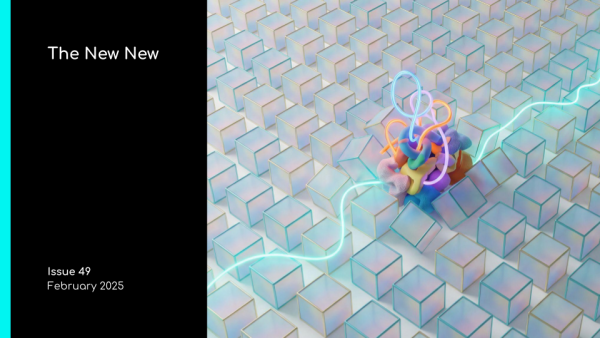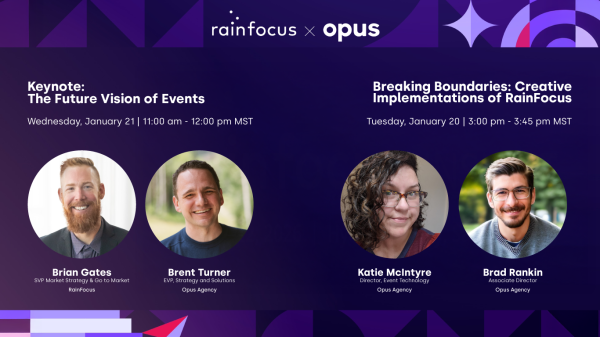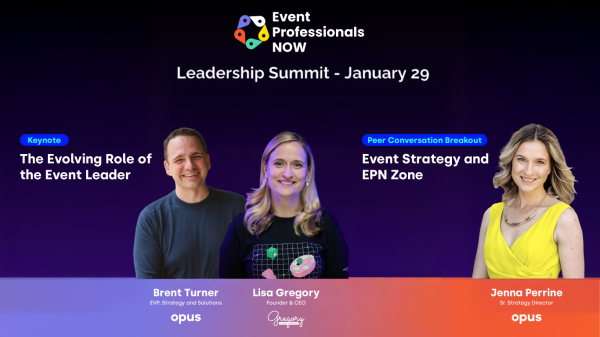The AI Toolkit for Teams
A practical framework for deploying AI across your organization

While business headlines are dominated by AI’s transformative potential in customer experiences and product development, it is AI’s ability to revolutionize internal operations and empower employees that is incredibly profound—and often overlooked.
While businesses of all types are racing to bring AI into their workforces—with many of them quoting Gartner’s AI TRiSM and building strategies with things like Bain’s AI Playbook—I find that there is still a clear, strategic, yet practical playbook for bringing AI’s power to employees’ day-to-day work.
Enter this framework that lays the AI toolkit from which businesses can build their internal roadmaps for AI adoption:
- AI General Applications:
These are the standalone apps that most knowledge workers have been trying out over the past few years, including ChatGPT and image generators.
- Communication Platforms:
These platforms leverage AI to enhance collaboration and connectivity. For example, Zoom’s AI Assistant can automatically generate meeting summaries and action items.
- Productivity Tools:
AI-driven applications streamline tasks and automate processes. Tools like Google Workspace’s Gemini or Grammarly can automatically generate documents, suggest edits, and prioritize tasks.
- Specialized AI Applications:
These industry-specific tools address unique needs. For example, Jasper has become a super hot AI-powered tool for marketing teams.
- Company-Built AI Applications:
Organizations can create custom AI solutions to address specific challenges. For instance, Opus Agency uses an AI-powered “Business Backgrounder” to help team members quickly ramp up new clients.
- Employee-Built AI Applications:
Low-code development platforms empower employees to build custom AI tools tailored to their specific needs. For example, a data analyst might create an AI tool to automate data cleaning processes, while someone in sales enablement might create an AI tool for quickly generating RFI responses.
- AI Agents:
These intelligent assistants automate tasks, provide information, and support users. For example, an AI agent could schedule meetings, answer questions, or provide product recommendations. (AI agents are the hottest things in tech at the moment. For a deeper dive into this trend, see these recent explorations from The Verge and Computerworld.)
While most organizations are still at Step 1, the path to maximizing Employee+AI effectiveness—the areas for tiered investment and purposeful experimentation—has come into focus.






